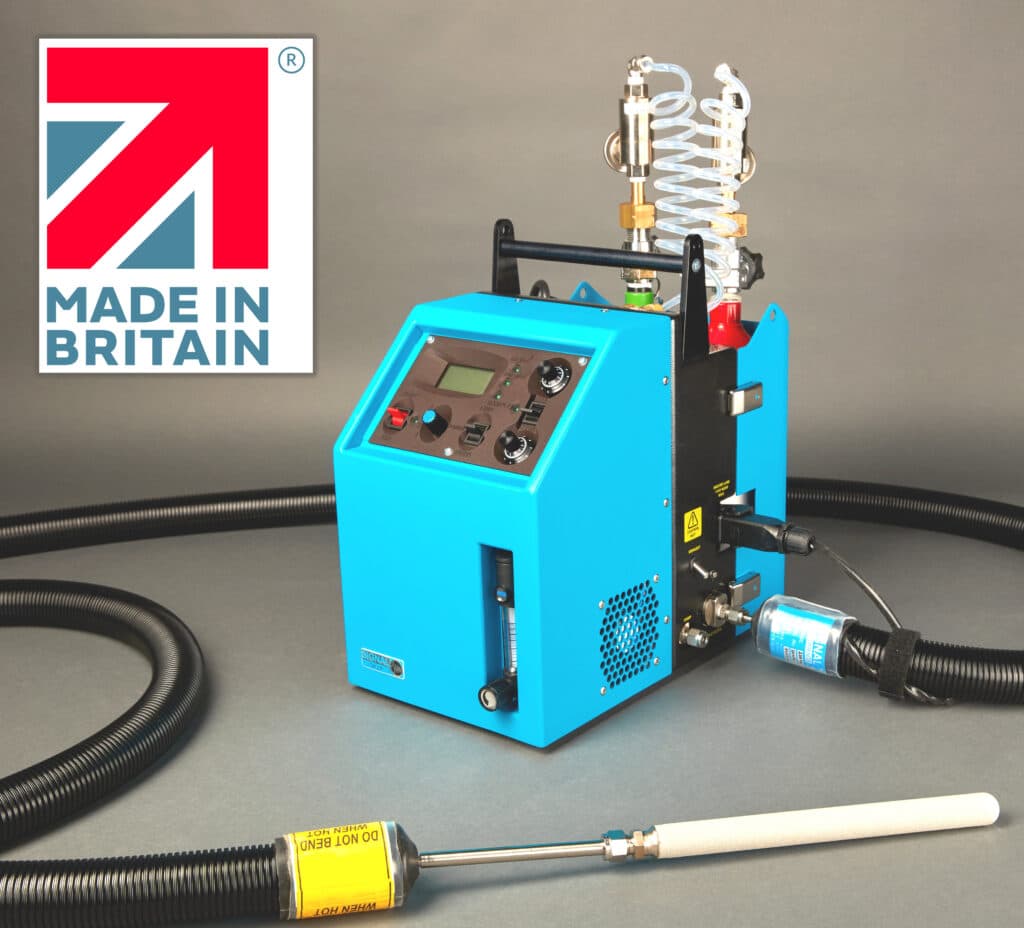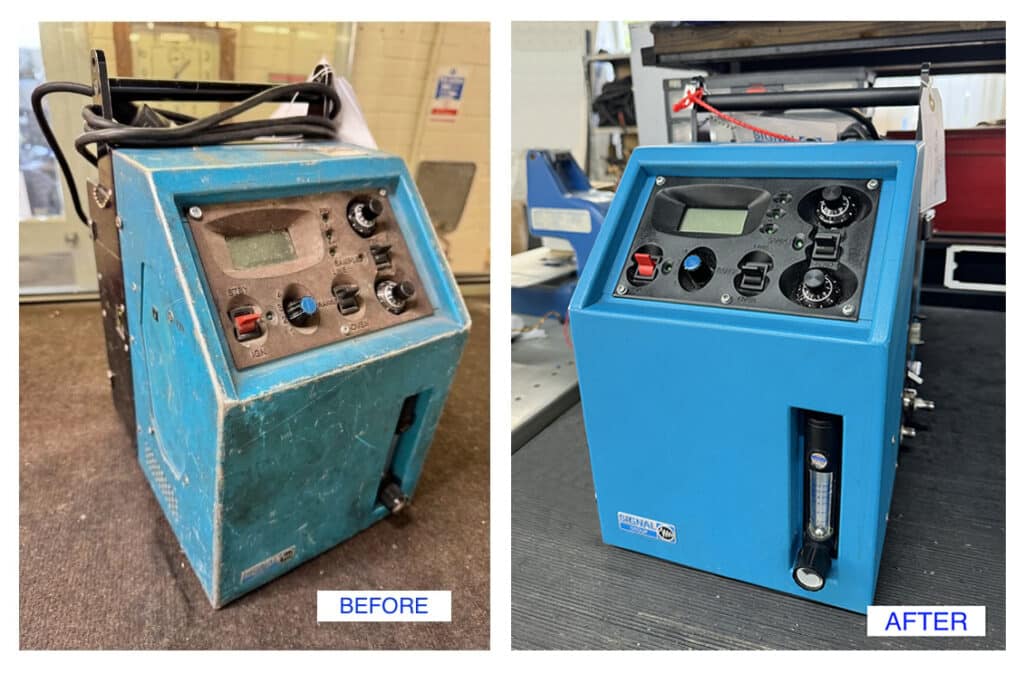Some of the ‘noise’ around global warming can be a little confusing, so in the following blog James Clements, from gas analysis equipment manufacturer Signal Group, explains some of the key issues…
Most people know that global warming is caused by excessive quantities of greenhouse gases (GHGs) in the atmosphere that act a bit like a greenhouse – allowing energy in (from the sun) and trapping some of it, thereby warming the atmosphere. However, the greenhouse effect is a natural process without which the average temperature on Earth would be about -18 °C instead of the current average of around 15 °C. However, the key issue is that (largely since the industrial revolution) human activities have dramatically increased the amount of GHG’s in the atmosphere. For example, since 1850, the concentration of CO2 has risen from 280ppm to more than 410ppm, primarily due to fossil fuel burning and changes in land use.
The manufacturers of engines, boilers and furnaces are responding to climate change (as well as to new emissions regulations) by developing combustion processes that produce less GHGs. Primarily, this involves burning more efficiently, and producing less CO2 through enhanced engineering design and/or by using cleaner fuels.
At this point it is important to note that not all GHGs are the same in terms of their role in global warming. For example, CO2 is the most important GHG because it contributes around 75% of manmade GHG emissions. However, methane (CH4) is almost 30 times more powerful in terms of its global warming potential (GWP), and nitrous oxide (N2O) has a GWP around 273 times that of CO2.
Those involved with engine design have to monitor a wide variety of gases because lowering the emissions of carbon dioxide for example, may result in an increase of another, with a higher GWP. On top of this, design engineers have to ensure that emissions are acceptable from both an environmental and a safety perspective.
Clearly, gas analysis plays a vital role in engine development to fight climate change, so Signal Group is working closely with many different R&D groups in both industry and academia, supplying bespoke continuous measurement systems to meet their specific needs.















